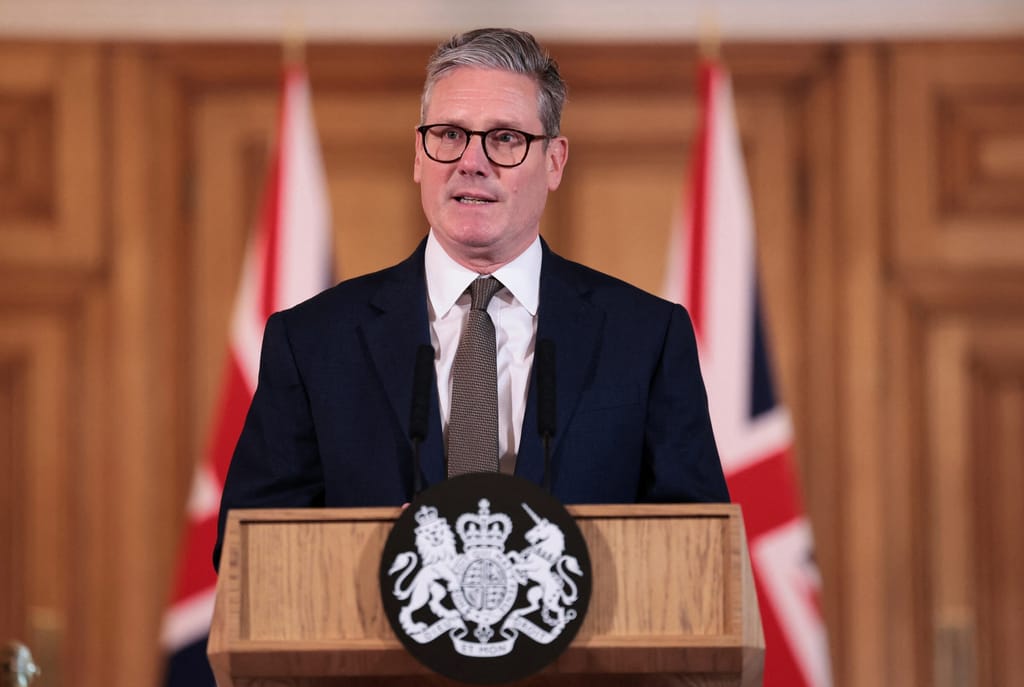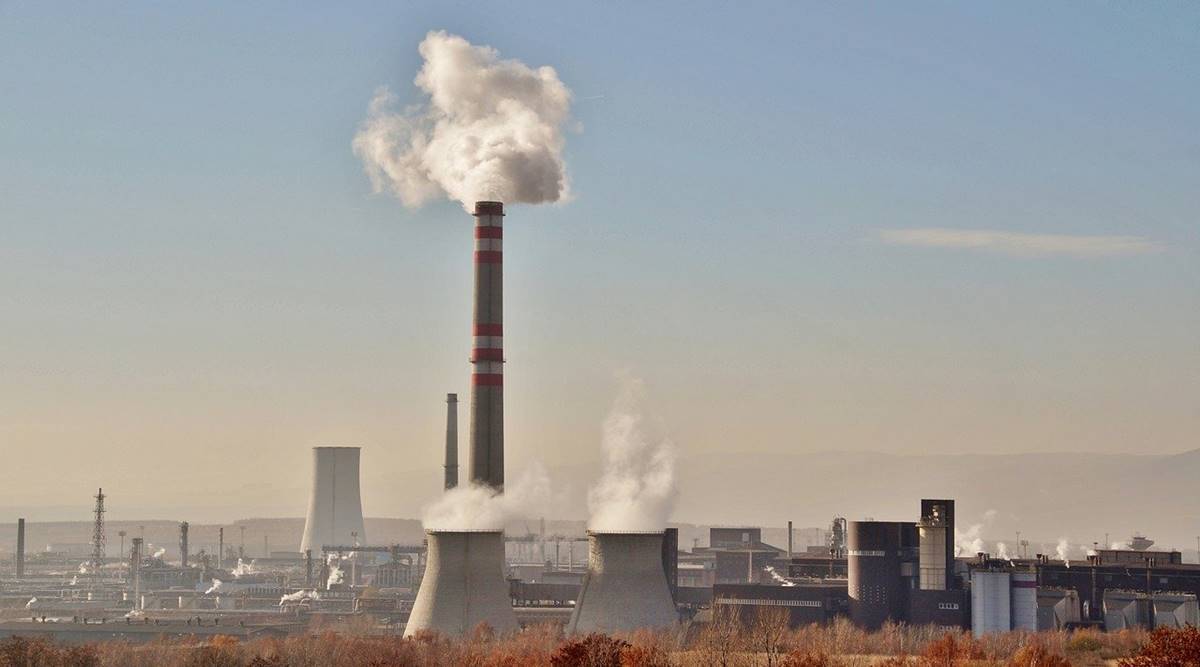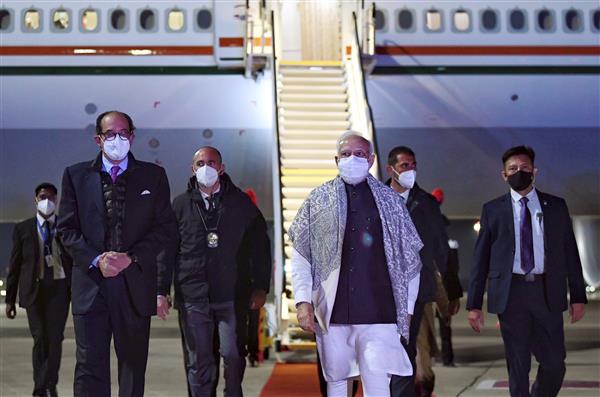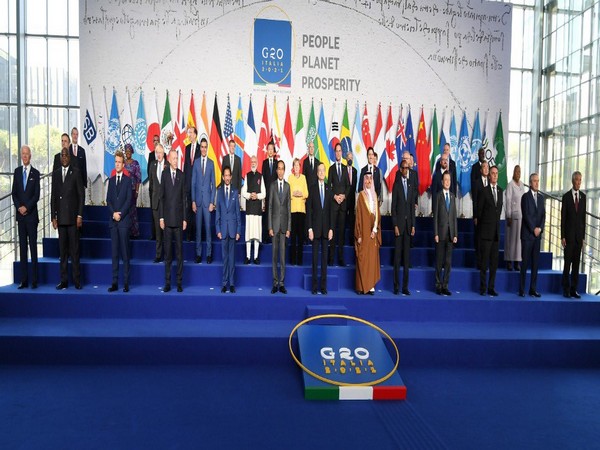
05/12/2025
London, May 12: British Prime Minister Keir Starmer on Monday announced a sweeping crackdown on immigration, warning that Britain risks turning into “an island of strangers” if it cannot maintain social cohesion. The plan includes doubling the residency requirement for automatic citizenship and tightening visa and language rules.
Outlining the most significant immigration reforms since Brexit, Starmer promised to bring down net migration “significantly” over the next four years. The move comes amid growing public pressure following a surge in arrivals and the rise of Nigel Farage’s anti-immigration Reform UK party, which recently outperformed the ruling Labour Party in several local elections.
“Make no mistake, this plan means migration will fall. That is a promise,” Starmer said at a Downing Street press conference, ahead of the government’s long-awaited Immigration White Paper being tabled in Parliament. “If we do need to take further steps… then mark my words, we will.”
Framing the new measures as a necessary course correction, Starmer accused the previous Conservative-led government of leaving behind a “mess” and presiding over an “open borders experiment.” He pledged that Labour would restore trust by delivering a system that is “controlled, selective and fair.”
Under the new rules, automatic settlement and citizenship after five years the current standard for many migrants, including Indians will end. Instead, all migrants must wait 10 years to qualify for permanent residency, unless they can prove a “real and lasting contribution to the economy and society.”
Among the measures, the government will also bar companies including care homes from hiring foreign workers under certain schemes, and limit skilled worker visas to graduate-level applicants. A fast-track route will be introduced for “high-skilled and high-contributing” migrants, such as nurses, doctors, engineers and AI specialists.
Language requirements will be raised across all visa categories, and for the first time, will apply to adult dependents as well. “Helping individuals integrate into their local community, find employment and reducing the risk of exploitation and abuse” was a core reason given for the change, according to a Downing Street statement, PTI reported.
Starmer also challenged the long-standing belief that immigration fuels economic growth, rejecting business leaders’ warnings that tighter controls could hurt the economy.
“The theory that higher migration numbers necessarily lead to higher growth has been tested in the last four years,” he was quoted as saying by Reuters. “That link doesn’t hold on that evidence.”
However, he declined to set a numerical target for reducing net migration, citing the failure of past governments that had made similar pledges.
The tougher stance comes as Labour seeks to address voter discontent over immigration levels. Officials admit that the issue has become a major political liability, especially after net migration soared to a record 906,000 in the year to June 2023 nearly five times higher than in 2019 when Britain was still in the EU.
Starmer warned that uncontrolled immigration could weaken the social contract between the state and citizens.
“Nations depend on rules that set out rights and responsibilities,” he said. “Without them, we risk becoming an island of strangers, not a nation that walks forward together.”
However, UK’s care sector and several industries reliant on foreign workers have expressed concern over the changes. Many say they already face chronic labour shortages and argue that limiting access to overseas talent could make matters worse.
Higher post-Brexit migration has largely been driven by foreign students and humanitarian schemes for people from Ukraine and Hong Kong. Starmer’s new rules aim to tighten those flows without exiting the European Convention on Human Rights (ECHR), a move proposed by some Conservatives and Reform UK to curb asylum seeker numbers.
Starmer said Britain would remain in the ECHR, but hinted at adjusting how Article 8 which protects the right to family life is interpreted.
“We’re not planning to leave the ECHR,” he said, “but we’ll look at the interpretation of Article 8.”-Agencies






